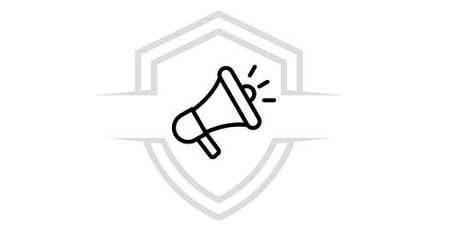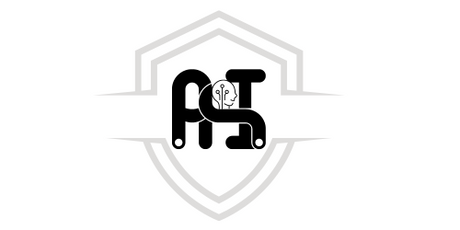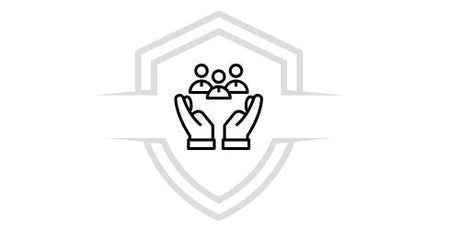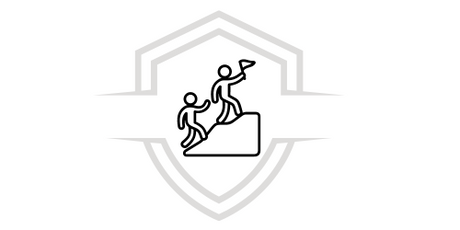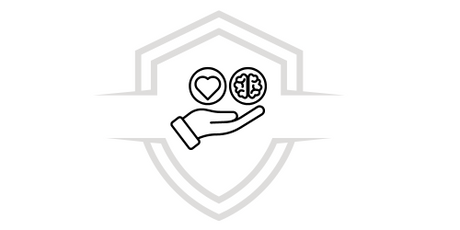We must keep in mind that the 5 Pillars of positive psychology are PERMA: P= Positive emotions, E= Commitment, R= Positive relationships, M= Meaning (Purpose) and A= Realization (Achievement).
Positive psychology focuses mainly on maximizing the potential of a balanced person, so it is about how to achieve optimal functioning in human beings. Therefore, we work on optimism, happiness, resilience, creativity, motivation, and people's strengths from a scientific perspective.
The 5 pillars of positive psychology
On this occasion you will have the opportunity to self-evaluate and determine if you are truly happy, we will also take the opportunity to tell you if you experience true well-being in your life, in conclusion, we note that these five (5) pillars of positive psychology have taken a long time and work for Mr. Martin Seligman to be able to adequately conclude that they are the essential pillars, these are:
1) positive emotions
First of all, this is about everything that is in accordance with a pleasant life, from pleasure, ecstasy, to comfort, all of this related to positive psychology.
Self-assessment
There will be a 2-week exercise that you can do to find out if you really have good balance.
Week 1
Immediately, have a small notebook handy that you can keep with you to write down any positive emotions you experience, an example for this could be: “I felt supported”, “I was congratulated at home”, “I am relaxed eating dessert”, etc.
Week 2
Therefore, you should write down your negative emotions on another sheet of paper, such as: "this dog stresses me out," "he never swims well," "I don't know how to do this," etc.
As a result, after all this you will be able to make the comparison (of course, this will work if you have done week 1 and 2 with the same commitment), having your final result, you will be able to know the comparison, for example, having 3:1 ( positive emotions : negative emotions), you would not be within the necessary category for a pleasant life. Therefore, for science you are not as happy as you say you are, but you will know it by doing the exercise completely.
2) commitment
In this way, we can say that doing positive psychology is very different when talking about work, because it is what one has to do daily to be able to bring money home, because what I do is important to me and I feel responsible for the final result.
Self-assessment
Therefore, please answer the following questions as honestly as possible:
When you are asked to work longer hours, do you show any resistance?
Would you rather not be asked to do anything new, but rather be left "sitting" where you are and everything remaining the same as it was?
Are you anxiously waiting for recess and dismissal time, constantly looking at the clock?
Do you think that your boss or your coworker is to blame for things not going well at work?
Therefore, we can say that there is a whole previous investigation of positive psychology as to why the answers to these questions are related to the level of responsibility and satisfaction that each person has when doing their job, and it also reflects the level of commitment that they experience towards it.
FREE DOWNLOAD
We have this free guide at your disposal so that you can learn about the most effective techniques to generate positive emotions and discover your strengths and virtues.
3) Positive relationships
In fact, although it may seem incredible, our self-esteem is directly related to what others tell us, not only about our image but also about our performance and personal self-efficacy, rather than what we tell ourselves. That is why the quality of the contact we have with others and the relationships we establish are extremely important, no matter how self-efficacious we consider ourselves to be.
Self-assessment
Please answer the following questions as honestly as possible:
Have you been spending more time on a computer lately than hanging out with your friends?
Do you prefer to do business as a team or work alone? How long has it been since you last invited a friend out and invested time in them?
Do you remember when was the last time you dedicated time to your family, children or parents, a valuable time where the moment is to enjoy alone with them?
However, if you have come this far answering the above questions saying the following: “this applies to me”, “this does not apply to me”, the first thing I ask you is that you take time to really reflect again, think about your answers, this is something that we generally do not do, and only when we decide to do it do we become aware of our own true reality. That is why I insist that you do this exercise in complete calm.
4) Purpose
We certainly know that in positive psychology there are people who are involved in activities or simply in a job just for the money, but not because what they do is for pleasure or enjoyment in any sense, they do not have positive emotions and still continue working with bosses with whom they share little or nothing of their ideals, they get involved in professions for tradition, promises, people, and they despair because it seems that the change they so long for is still far away. The above mentioned are indicators of “why” when we do things that are not in tune with our deepest desires and we have the feeling of “being on the wrong search.”
Self-assessment
Step 1
Write an Epitaph (a text that honors a deceased person and is written on a tombstone or cement plaque) of how you would like to be remembered, something like "here lie the remains of the one who in life made me very happy..."
Step 2
Every "crucial" question that we want to be answered with total frankness: does what I do day to day completely help me achieve that desire for life that I so long for?
Consequently, the above will have a "live" level panorama in which its meaning and purpose in this life may or may not be.
5) Achievements
We can say that in positive psychology there is a big difference between people who have already given up fighting for their dreams in favor of new achievements (even though they are already great professionals) vs. people who agree on what the next level 2 is for their personal growth.
The difference they have is called enthusiasm, positive emotions and they continue to apply it in their lives, we can also talk about their strength in the present, continuing to fight and giving the best of themselves.
Self-assessment
The following questionnaire is for you to answer from the “I already knew it” and not from the “I'll think about it”:
Do you know for sure what will happen to you in 5 to 7 years?
If it was precisely at this precise moment that you began to reflect and you had not had the clarity of this thought to have been able to respond to it immediately (not precisely in the professional dimension, but also in terms of growth, health, finances, etc.), then this is a faithful example that you are not doing very well on your path, and as the saying goes "he who does not know which direction to go, any path is good."
In conclusion, all this applies to the lives of many people who seem to go from job to job, from partner to partner, from friendship to friendship, etc. In fact, we are human beings whose natural need is to "grow", it is life itself to "learn", " progress ", at every moment of our life, the truth is that academic level or age, sex does not matter, but in order to create our correct path, we must be clear about the direction we must take.
Do you want to know everything about Wellbeing and Positive Psychology? If you are willing to obtain the necessary knowledge to know how to lead a full and happy life, do not hesitate to enter our course: Wellbeing and Positive Psychology
Courses that may interest you
Do you want to acquire more skills to improve Positive Psychology in your daily life? We recommend our courses on Time Management and Productivity, Emotional Intelligence for Leaders and Assertive Communication.




